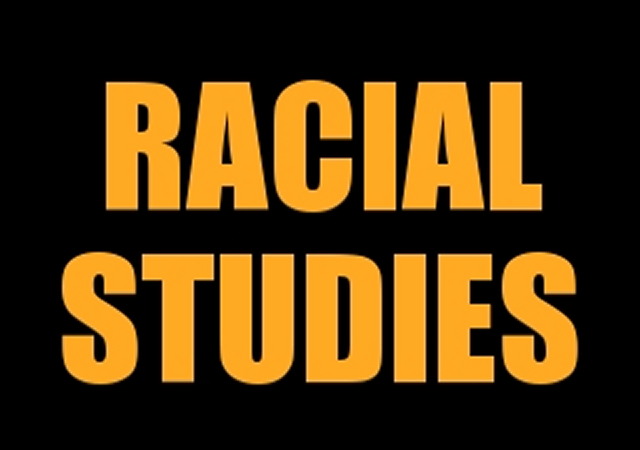Physician Explains Why He Rejects Racial Preferences on National Institutes of Health Grant Application
“I’m angry at the National Institutes of Health for putting me in this position.”

Kevin Jon Williams is a medical doctor and a professor of cardiovascular sciences at Temple University.
He writes at the Wall Street Journal:
Why I’m Saying No to NIH’s Racial Preferences
Do I deserve to jump the line? If I say yes, I may play a leading role in ending the scourge of atherosclerosis—also known as hardening of the arteries. If I play fair, I may lose the opportunity to save people around the world from heart attacks and strokes. I’m angry at the National Institutes of Health for putting me in this position. I’m even angrier it has done so in the name of racial equity.
My quandary comes down to whether I should “check the box” on an upcoming NIH grant application attesting to my recent African heritage. Since at least 2015, the NIH has asserted its belief in the intrinsic superiority of racially diverse research teams, all but stating that such diversity influences funding decisions. My family’s origins qualify me under the federal definition of African-American. Yet I feel it’s immoral and narcissistic to use race to gain an advantage over other applicants. All that should matter is the merit of my application and the body of my work, which is generally accepted as foundational in atherosclerosis research.
I discovered my African heritage as an adult, though I had wondered about it since elementary school. My father, Ferd Elton Williams, a professor of physics at the University of Delaware, was a Renaissance man who talked with his children about everything—except his background. His skin was dark and his black hair tightly curled, but he fooled everyone by saying that he was a small part American Indian. He hid his birth family even from our mother, revealing only after a decade of marriage and four children together that he had two siblings.
My siblings and I slowly gleaned additional information—that two of his four grandparents were members of an African Methodist Episcopal church, for instance—but the full truth long eluded us. I stumbled on it after taking a genetic test in 2011: Through my father, I am part Bantu, a major ethnolinguistic grouping in West, Central and Southern Africa.
I’m proud of my heritage. I’m even prouder of my father, who overcame poverty and the racism of the early to mid-20th century to become an internationally renowned scientist.
Donations tax deductible
to the full extent allowed by law.








Comments
My mother always told us she was part American Indian, to explain her dark skin. When I checked my DNA, it turns out I’m zero Native American, but 1/8 African American. So she had a Black grandparent.
But she grew up in the Old South in the 1920’s, facing prejudice and segregation and the “one drop” rule. It was common for people who looked a little darker than pure White to claim to be part American Indian rather that part African American. Somehow that was considered more acceptable.